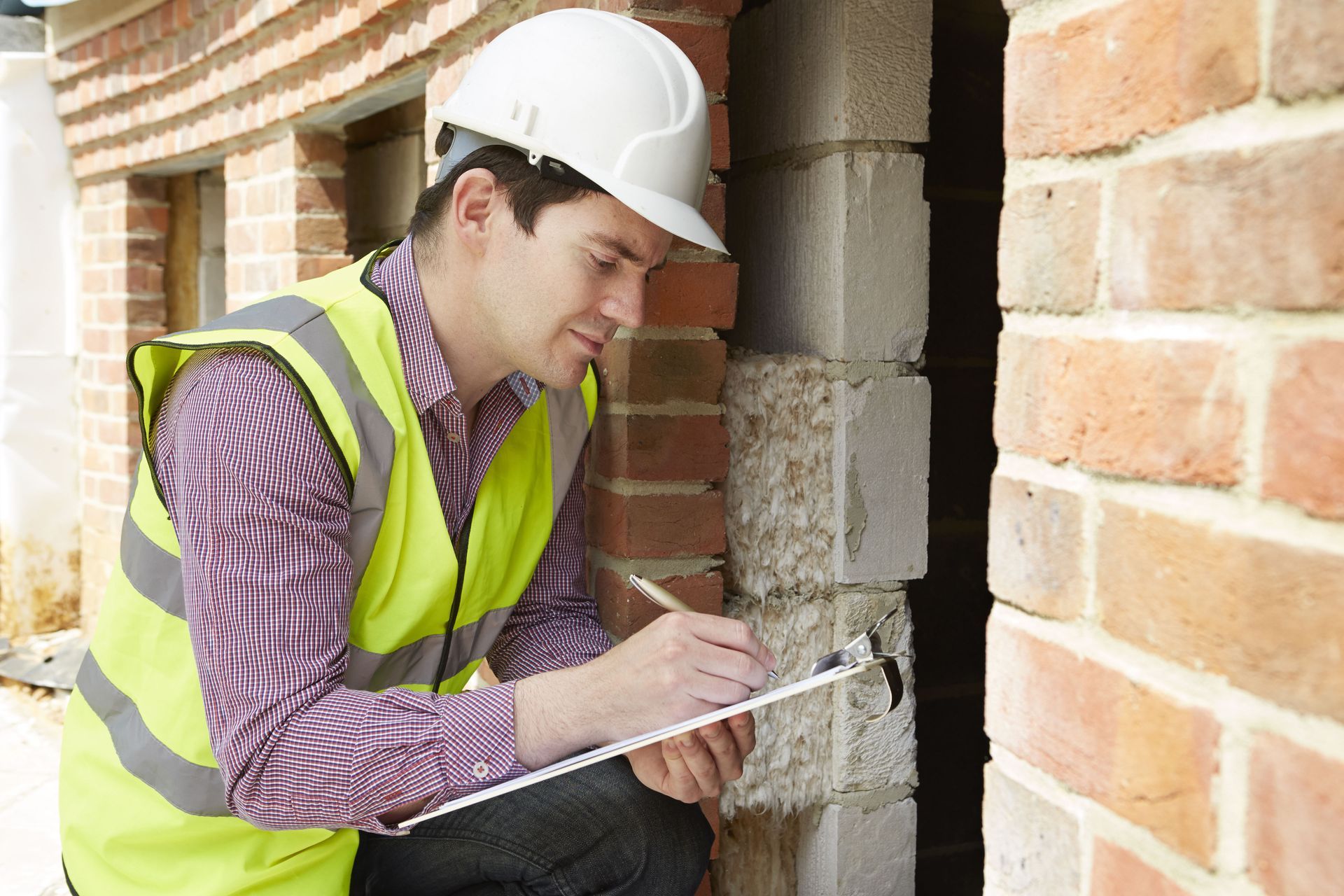Building a Home with ICF vs. Traditional Wood Framing: Exploring the Benefits
Why Choose ICF?
In the realm of home construction, the choice of building materials can significantly impact the quality, efficiency, and longevity of the final structure. Two popular options that often come into consideration are Insulated Concrete Forms (ICF) and traditional wood framing. While both methods have their merits, today we'll delve into the advantages of opting for an ICF home over a traditionally framed one.
- Superior Insulation and Energy Efficiency:
ICF homes are renowned for their exceptional insulation properties. The concrete core sandwiched between layers of foam insulation creates a thermal barrier that minimizes heat transfer, keeping the home cool in summer and warm in winter. This high level of insulation translates to significant energy savings over the life of the home, as heating and cooling costs are substantially reduced compared to traditionally framed homes.
- Enhanced Durability and Strength:
ICF homes boast unparalleled durability and structural integrity. The reinforced concrete walls provide robust protection against extreme weather events such as hurricanes, tornadoes, and earthquakes. Additionally, ICF structures are resistant to rot, mold, and pests, ensuring a longer lifespan and lower maintenance requirements compared to wood-framed homes.
- Improved Indoor Air Quality:
The airtight construction of ICF homes minimizes the infiltration of outdoor pollutants, allergens, and moisture, resulting in superior indoor air quality. This is particularly beneficial for individuals with respiratory issues or allergies, as it reduces the risk of exposure to harmful contaminants and promotes a healthier living environment.
- Noise Reduction:
The dense mass of concrete walls in ICF homes effectively dampens sound transmission, creating a quieter and more peaceful indoor environment. This is especially advantageous for homes located in noisy urban areas or near busy roads, as it helps to minimize external noise disturbances and enhance overall comfort.
- Design Flexibility and Customization:
Contrary to popular misconception, ICF construction offers ample design flexibility and customization options. With various sizes, shapes, and configurations available, homeowners can achieve virtually any architectural style or design aesthetic desired. Additionally, ICF walls can easily accommodate architectural features such as large windows, curved walls, and intricate detailing, allowing for endless creative possibilities.
- Environmental Sustainability:
ICF construction aligns with sustainable building practices by minimizing material waste, reducing energy consumption, and promoting long-term resource efficiency. The durability and energy efficiency of ICF homes also contribute to lower carbon emissions over their lifespan, making them a more environmentally responsible choice compared to traditional wood-framed construction.
In conclusion, building a home with ICF offers a multitude of benefits ranging from superior insulation and durability to enhanced comfort and sustainability. While the initial construction costs may be slightly higher than traditional wood framing, the long-term savings in energy bills, maintenance, and insurance premiums often outweigh the upfront investment. Ultimately, choosing ICF construction is not just a decision for today but an investment in the future comfort, durability, and value of your home.
Business Hours
- Mon - Fri
- -
- Saturday
- -
- Sunday
- Closed



Share On: